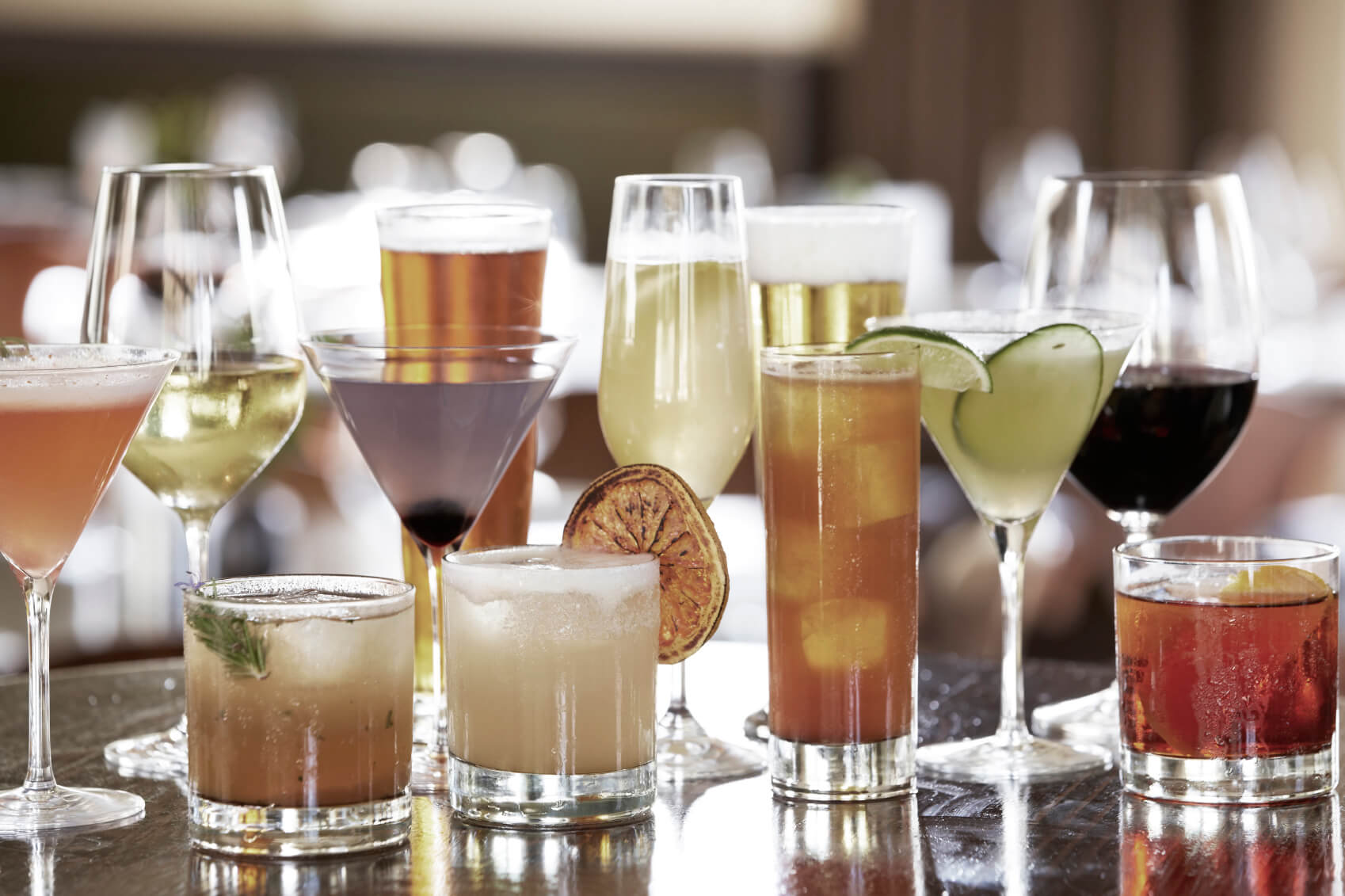Minimum unit pricing guidelines for alcoholic drinks are to be introduced in Scotland this week (Tuesday May 1st). The new rules will see a 50p minimum unit price put in place, which means a 700ml bottle of spirits with an ABV of 37.5 per cent will cost at least £13.13. Similarly, a 500ml super strength can of beer with an ABV of nine per cent will cost £2.25 or more, while a 750ml bottle of wine with a 12.5 per cent ABV will be priced from £4.69.
According to estimates from the Scottish government, a 50p minimum unit price would cut alcohol-related deaths by 392 and hospital admissions by 8,254 in the first five years of the policy.
Retailers in Scotland have been advised there will be no period of grace. The Law Society of Scotland has therefore stressed that any establishment selling alcohol must ensure their pricing systems are accurate “from day one”.
Indeed, the body said selling alcohol at below the minimum unit price will “amount to a breach of licence conditions, which could lead to criminal prosecution and/or a Premises Licence Review”.
The Scottish government is to monitor the policy to gauge its effectiveness, while a “sunset clause” in the legislation means it will be fully reviewed in five years’ time.
Nicola Sturgeon, Scotland’s first minister, told MSPs last week that the introduction of minimum unit pricing is “a positive step forward” and “something this parliament will be really, really proud of” in years to come.
However, concerns have been expressed by various stakeholders in the alcoholic drinks industry.
Indeed, the policy was originally approved by the Scottish parliament five years ago, but implementation was delayed by an ultimately unsuccessful legal challenge by the Scotch Whisky Association.
In addition, Glen Friel, an executive at Aston Manor Cider, last week raised concerns that the policy could have an adverse effect on moderate drinkers.
Speaking to the Guardian, he insisted that the industry is “absolutely supportive if we can reduce harmful and hazardous drinking”.
However, he warned that consumers are likely to be shocked by the impact the policy has on drinks prices, with moderate drinkers ultimately “paying for the bulk of this policy”.
Mr Friel went on to warn that the choice for moderate drinkers is reducing, while the products that are left are going to be “significantly more expensive”.
Ms Sturgeon has argued that minimum unit pricing is necessary as alcohol misuse is responsible for around 700 hospital admissions and 22 deaths each week.
She stated that behind each of these statistics is “a person, a family, a community struggling with the impact of alcohol abuse”.
The first minister went on to insist that research clearly shows alcohol consumption and harm “go hand in hand – and the links between the two run deep”.
This, she said, means minimum pricing is “the best way to tackle the cheap, high-strength alcohol that causes so much damage to so many families”.
Ms Sturgeon added that since alcohol is “an epidemic faced right across the UK”, the Scottish government is ready to share its experience in delivering this “responsible, forward-thinking policy” with any other government that is thinking of following suit.
The Welsh Assembly has already tabled a similar proposal, although the Health, Social Care and Sport Committee has urged policymakers to keep a close eye on how the introduction of minimum unit pricing proceeds in Scotland, as this could help ensure a smooth implementation in Wales.
Meanwhile, the Alcohol Health Alliance has put pressure on ministers in the Westminster government to look at putting minimum unit pricing in place.
Chair of the body Professor Sir Ian Gilmore stated that there are more than 23,000 deaths a year in England linked to alcohol.
Many of these, he said, “come from the poorest and most vulnerable sections of society.” As a result, he believes that any delay in implementing minimum unit pricing in England “will only cost lives and lead to unnecessary alcohol-related harm”.



